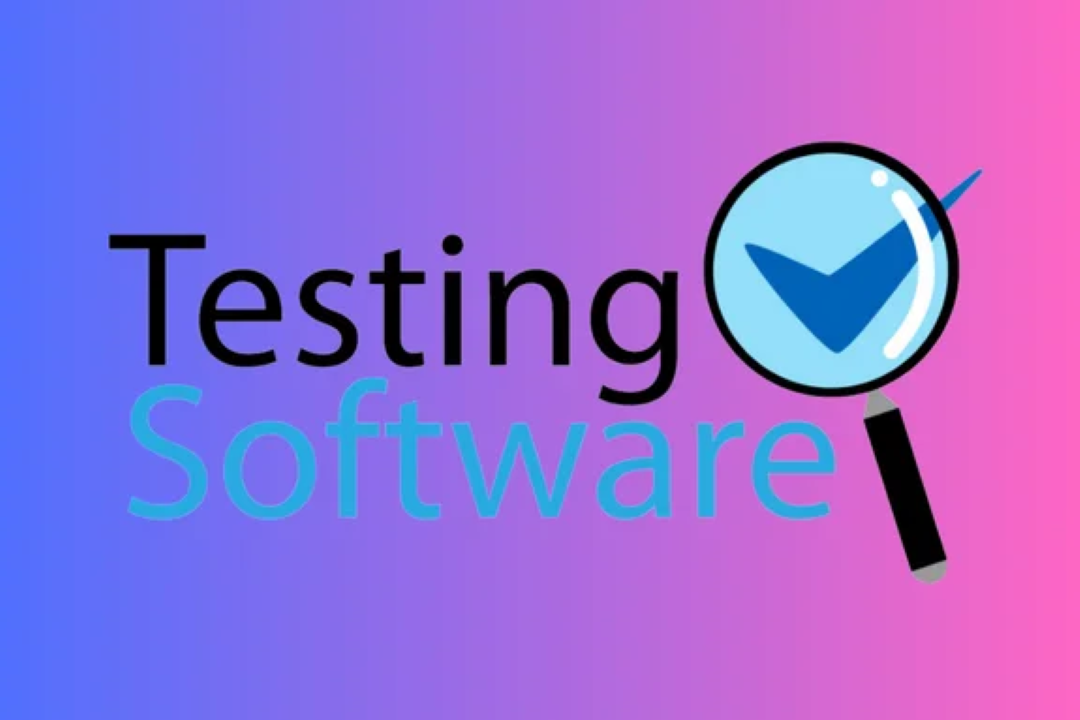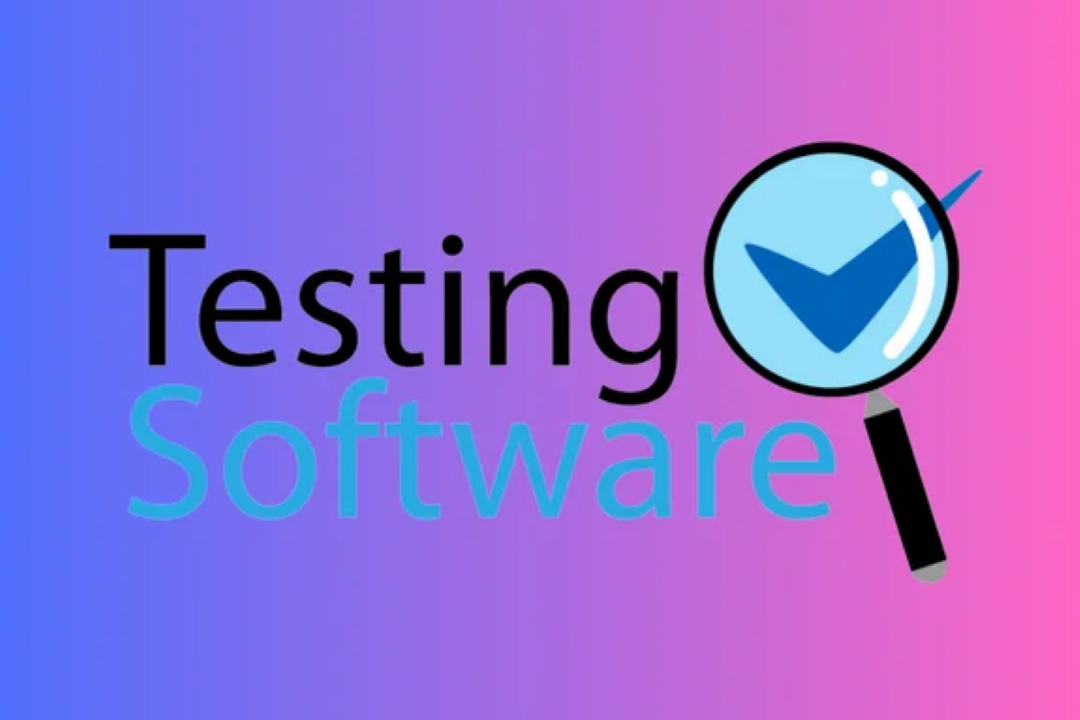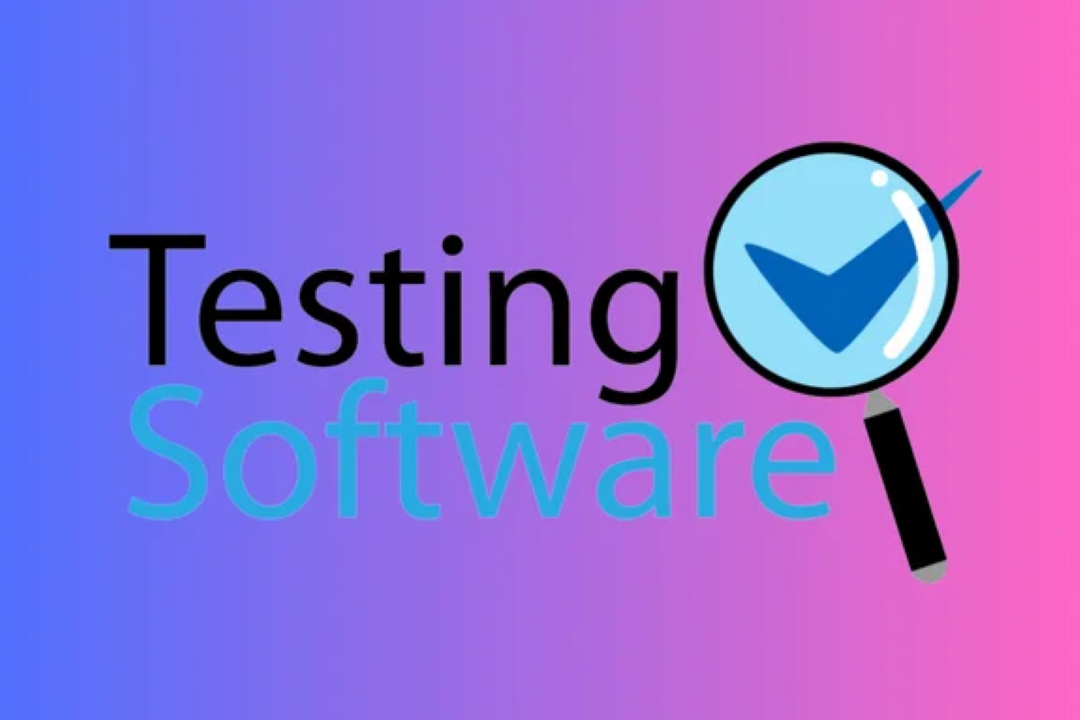Best Selenium Online Training Qoura
The best Selenium online training courses highlighted on platforms like Quora offer a platform for a
Best Selenium Online Training Qoura
The best Selenium online training courses highlighted on platforms like Quora are invaluable for individuals looking to enhance their skills in automated testing. These courses offer in-depth knowledge of Selenium, a widely-used tool for application testing, combined with practical projects that simulate real-world scenarios. Participants benefit from expert instruction, comprehensive materials, and access to a community for networking and support. By completing such training, learners not only gain certification that bolsters their resumes but also develop the confidence and competence required to excel in the competitive field of software testing, making them more attractive to potential employers.
To Download Our Brochure: https://www.justacademy.co/download-brochure-for-free
Message us for more information: +91 9987184296
The best Selenium online training courses highlighted on platforms like Quora are invaluable for individuals looking to enhance their skills in automated testing. These courses offer in depth knowledge of Selenium, a widely used tool for application testing, combined with practical projects that simulate real world scenarios. Participants benefit from expert instruction, comprehensive materials, and access to a community for networking and support. By completing such training, learners not only gain certification that bolsters their resumes but also develop the confidence and competence required to excel in the competitive field of software testing, making them more attractive to potential employers.
Course Overview
The “Best Selenium Online Training Course” offered by JustAcademy provides an extensive exploration of Selenium, a leading tool for automated web application testing. This course is designed for both beginners and experienced testers, blending theoretical knowledge with hands-on practice through real-time projects. Participants will learn key concepts such as Selenium WebDriver, test automation frameworks, and integration with programming languages like Java and Python. The curriculum also covers best practices in test scripting, debugging, and reporting, ensuring that students acquire the skills necessary to effectively implement automation testing in real-world scenarios. Upon completion, learners will receive a certification that validates their expertise and enhances their career prospects in software testing.
Course Description
The “Best Selenium Online Training Course” at JustAcademy is meticulously crafted to equip learners with comprehensive knowledge and practical skills in automated testing using Selenium. This course encompasses foundational concepts of Selenium WebDriver, alongside advanced techniques in creating robust test scripts in popular programming languages like Java and Python. Students will engage in real-time projects that simulate real-world testing environments, allowing for hands-on experience with test automation frameworks, debugging strategies, and reporting mechanisms. Ideal for both novices and seasoned professionals, this training ensures participants are well-prepared to excel in the competitive field of software testing, culminating in a certification that highlights their proficiency and enhances their career opportunities.
Key Features
1 - Comprehensive Tool Coverage: Provides hands-on training with a range of industry-standard testing tools, including Selenium, JIRA, LoadRunner, and TestRail.
2) Practical Exercises: Features real-world exercises and case studies to apply tools in various testing scenarios.
3) Interactive Learning: Includes interactive sessions with industry experts for personalized feedback and guidance.
4) Detailed Tutorials: Offers extensive tutorials and documentation on tool functionalities and best practices.
5) Advanced Techniques: Covers both fundamental and advanced techniques for using testing tools effectively.
6) Data Visualization: Integrates tools for visualizing test metrics and results, enhancing data interpretation and decision-making.
7) Tool Integration: Teaches how to integrate testing tools into the software development lifecycle for streamlined workflows.
8) Project-Based Learning: Focuses on project-based learning to build practical skills and create a portfolio of completed tasks.
9) Career Support: Provides resources and support for applying learned skills to real-world job scenarios, including resume building and interview preparation.
10) Up-to-Date Content: Ensures that course materials reflect the latest industry standards and tool updates.
Benefits of taking our course
Functional Tools
1 - Selenium WebDriver: The cornerstone of the Selenium suite, WebDriver allows testers to interact with web applications just like a user would. It supports several programming languages such as Java, C#, Python, and Ruby, enabling flexibility in test automation. The WebDriver API provides a rich set of commands for navigating web pages, interacting with elements, and executing tests across various browsers. By using WebDriver, students can learn how to create robust and scalable automated tests that yield accurate results.
2) Selenium IDE: This is a user friendly tool that helps beginners get acquainted with automation testing without prior coding knowledge. Selenium IDE allows users to record and playback tests using a simple interface, making it an excellent starting point for those new to test automation. Students will learn how to create, edit, and debug test cases in Selenium IDE, providing a solid foundation before moving on to more complex tools like WebDriver.
3) TestNG: A popular testing framework used in Selenium automation, TestNG offers powerful features such as annotations, parallel test execution, and flexible test configuration. Through TestNG, students learn how to organize their test cases into test suites, enabling better management of large testing projects. The framework also provides detailed reporting capabilities, which help testers quickly analyze test results and maintain the quality of their applications effectively.
4) Maven: This build automation tool is used primarily for Java applications and plays an essential role in managing project dependencies within Selenium projects. In the course, students are taught how to use Maven to streamline project setup, dependency management, and build processes. Understanding Maven helps learners maintain organized project structures and promotes best practices in collaborative environments.
5) Git: Version control is a crucial aspect of modern software development, and Git is the most widely used version control system. In the training program, students will learn how to manage code revisions and collaborate effectively with team members by using Git. This knowledge ensures that learners can work on large scale projects while keeping track of code changes, resolving conflicts, and maintaining the integrity of their testing scripts.
6) Continuous Integration (CI) Tools: Tools like Jenkins or CircleCI are integrated into the training program, emphasizing the importance of Continuous Integration in automated testing. Students learn how to configure CI pipelines to run Selenium tests automatically upon code commit. This practice ensures rapid feedback loops, improving the overall development and testing workflow. Mastering CI tools prepares students for real world projects, where rapid deployment and integration are essential.
7) Java or Python Programming: Proficiency in programming is essential for writing effective automation scripts using Selenium. The course includes a deep dive into either Java or Python, depending on the student's preference. Topics covered will include object oriented programming concepts, data structures, exception handling, and file I/O operations. This foundational programming knowledge empowers students to develop more complex and customized Selenium test cases.
8) XPath and CSS Selectors: Understanding how to locate web elements within a page is crucial for successful test automation. Students will learn how to use XPath and CSS selectors to accurately target elements in the DOM (Document Object Model). This knowledge enables them to write more resilient test scripts that can adjust to changes in the application’s UI design, ensuring long term effectiveness of their automated tests.
9) Headless Browsers: The course introduces concepts surrounding headless browsers, which allow tests to run without a visible user interface. Tools like Headless Chrome or PhantomJS will be explored, enabling students to understand how to execute tests faster and in a more resource efficient manner. This is particularly valuable for CI/CD pipelines where speed and performance are critical.
10) Data Driven Testing: One powerful aspect of automated testing is the ability to run the same test with multiple sets of input data. Students will learn to implement data driven testing using external data sources like Excel, CSV files, or databases. This technique enhances test coverage and helps ensure that applications behave as expected under various conditions.
11 - Error Handling and Logging: Effective error handling is essential for developing reliable automated tests. Students will learn strategies for managing exceptions and failures during execution, as well as how to log test outcomes for future analysis. Understanding error handling and logging best practices ensures that students can troubleshoot and improve their tests over time.
12) Mobile Automation Testing: The training program will include an introduction to mobile automation testing using Selenium's capabilities in conjunction with Appium. This section will cover how to automate tests on mobile applications, providing a comprehensive skill set that extends beyond web applications to encompass mobile platforms.
13) Performance Testing Integration: While Selenium is primarily used for functional testing, the program provides insights into integrating performance testing tools, such as JMeter, with Selenium scripts. This approach enables students to assess application performance alongside functional behavior, giving a more holistic view of application health.
14) Best Practices in Automation Testing: Throughout the course, students will be encouraged to adopt best practices for writing clean, maintainable, and efficient test scripts. Topics will include code reusability, modularization, and adherence to design patterns like Page Object Model, which significantly improve the long term viability of automated tests.
15) Real Time Project Experience: A key component of the JustAcademy certification program is hands on experience with real time projects. Students will apply their learning in practical scenarios, collaborating on projects that simulate real world challenges faced in the industry. This project based approach enhances their understanding and prepares them for the demands of the job market.
16) Soft Skills Development: In addition to technical skills, the program emphasizes the importance of soft skills vital for professional growth. Students will learn effective communication, teamwork, and problem solving skills that are essential when working in agile environments or collaborating with cross functional teams.
By equipping students with a comprehensive skill set and real world experience, JustAcademy ensures that graduates are well prepared to excel in the field of automation testing.
Browse our course links : https://www.justacademy.co/all-courses
To Join our FREE DEMO Session:
This information is sourced from JustAcademy
Contact Info:
Roshan Chaturvedi
Message us on Whatsapp: +91 9987184296
Email id: info@justacademy.co












